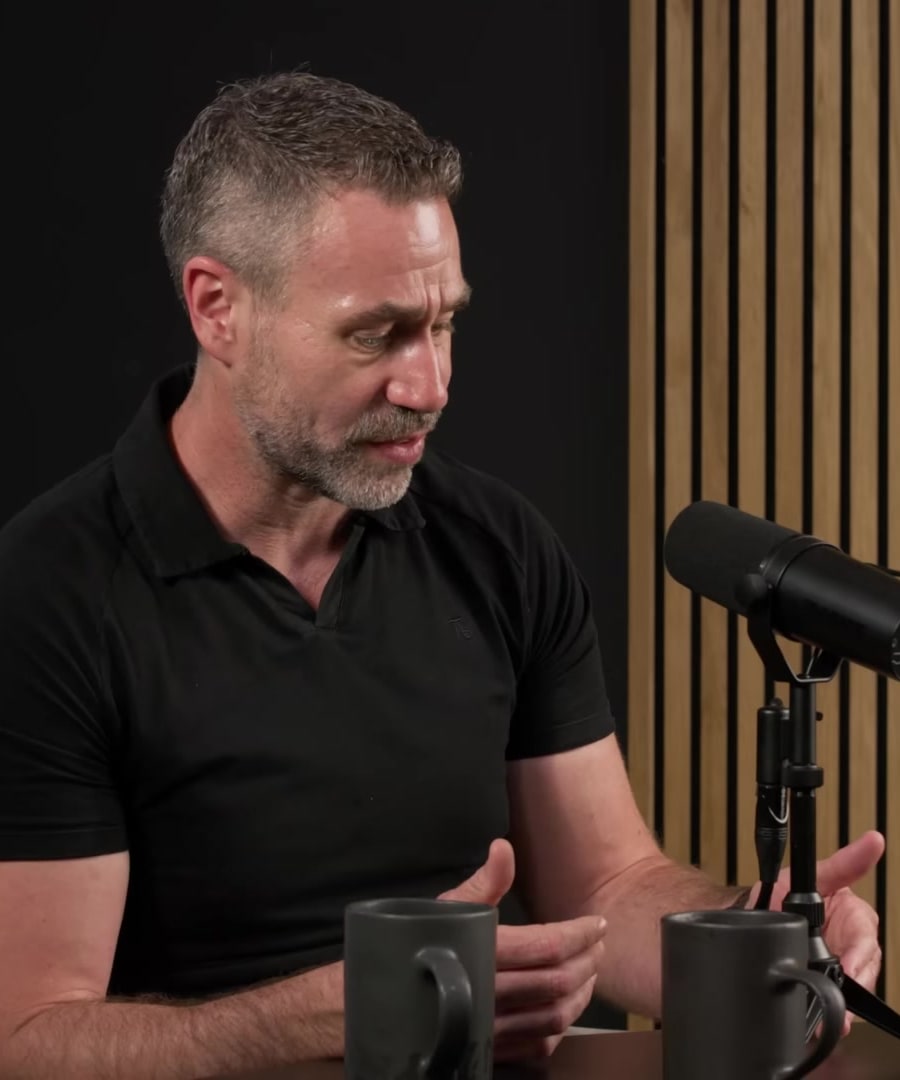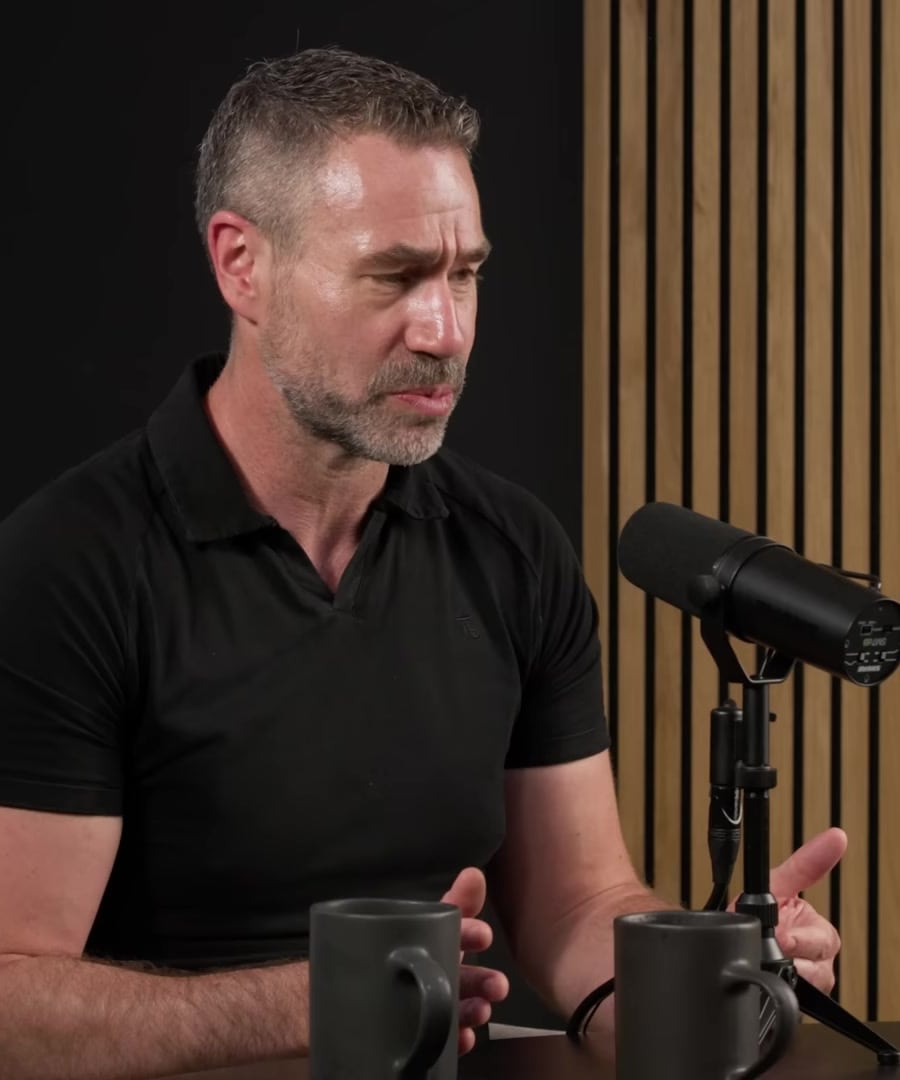Cbd
Sources:
CBD, or cannabidiol, has gained significant attention as a potential health product, yet its true efficacy in various applications remains a topic of discussion among experts.
-
CBD and Health Benefits: Matthew Hill and discuss the widespread interest in CBD for treating conditions like epilepsy. Hill mentions that CBD doesn't appear naturally in street cannabis and hasn't for a long time. The therapeutic potential of CBD, particularly in pure forms like the strain known as Charlotte's Web, may help in treating epilepsy, especially in children 1.
-
CBD and Sleep: notes the mixed data regarding CBD's effectiveness in promoting sleep. Lower doses might actually promote wakefulness, while doses around 50 mg might help promote sleep. CBD acts as an anxiolytic, potentially reducing anxiety that inhibits sleep, and might also lower core body temperature to aid sleep onset 2.
-
CBD's Broader Applications: highlights CBD's anti-epileptic and antipsychotic properties, contrasting its effects with THC. High-THC cannabis may promote psychosis and seizures, whereas CBD could offer therapeutic benefits for conditions like schizophrenia and seizure disorders, with fewer side effects compared to traditional medications 3.
-
CBD's Popularity: Hill and Huberman comment on CBD's rise in popularity, driven by consumer desire for anxiety and sleep treatments. However, Hill notes the lack of strong evidence supporting CBD's effectiveness for these conditions, cautioning against its use without clear clinical benefits, especially since it's not typically covered by insurance and can be costly 4.
In summary, while CBD presents potential therapeutic benefits, particularly in specific medical conditions like epilepsy, its efficacy for other uses remains uncertain, warranting further research and consideration of alternative evidence-based treatments for issues like anxiety and sleep disturbances.
RELATED QUESTIONS-
Cbd
- RELATED QUESTIONS



